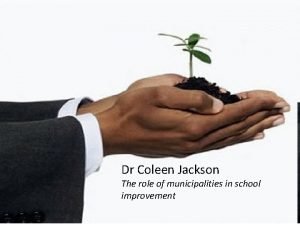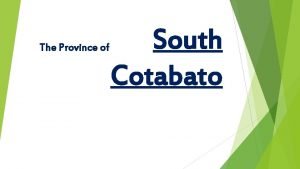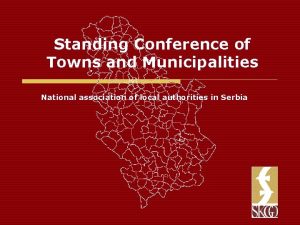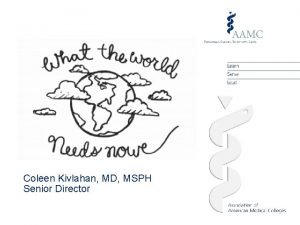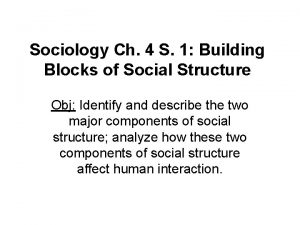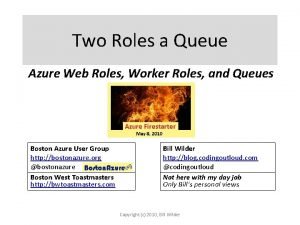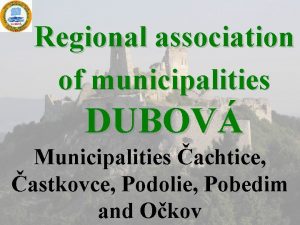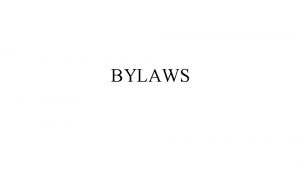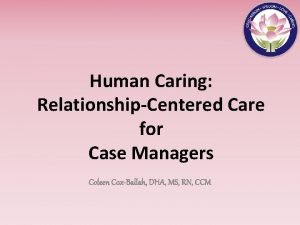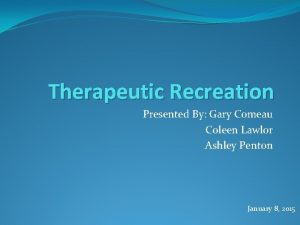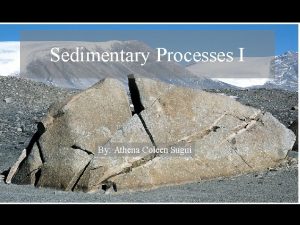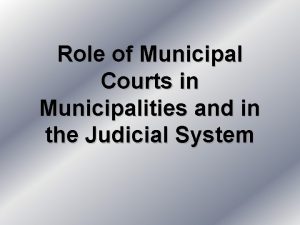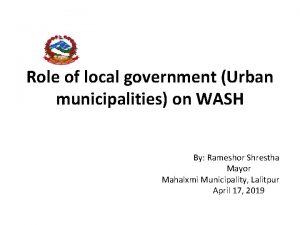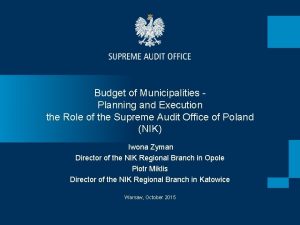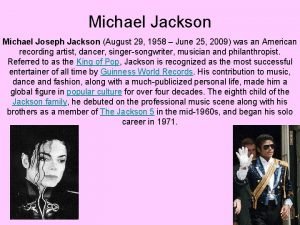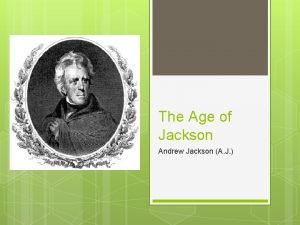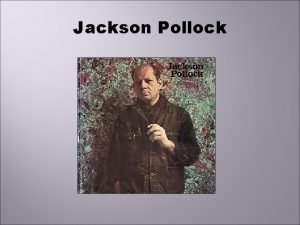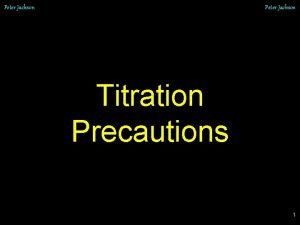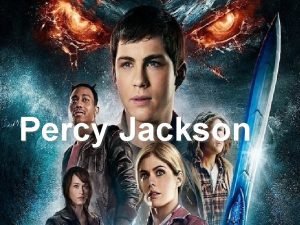Dr Coleen Jackson The role of municipalities in





































- Slides: 37

Dr Coleen Jackson The role of municipalities in school improvement

Programme • What is the current context and what does the future look like? • What does research tell us about school leadership and supporting leaders? • The potential role of the municipality supporting schools

Many slides but the session will involve discussion, co-constructing and sharing

The UK context of municipalities • • • Demise of LA No power but responsibility New ways of working There is an important role Do nothing or be proactive SISSS and better outcomes for pupils

What does the future look like? Information taken from 2003 – 13 Resolution; 2030 vision document and Education Law 2011 The 2030 strategy indicates that the current education system lacks flexibility (p 20) and underestimates the importance of critical thinking, creativity and pro-action (and innovation)

What does the future look like? • Developments in education should take into account the new challenges and opportunities for Lithuania as it make its contribution to the EU (p. 3) • Preparing individuals for a knowledge society, a secure society and one that can compete economically (p 1).

What does the future look like? • There is to be a focus on the independence of schools as learning communities and where the transparency of activity is ensured. • Strategic planning should be introduced at all levels (p 7) with a view towards community self-governance. • This should give increased openness and collaboration between schools and their communities.

What does the future look like? • Section 5 of the Education Law 2011 lays down 8 areas of responsibility of the school principal: 1) direct the drafting of a strategic plan and annual action plans of the educational institution 2) appoint and dismiss teachers, other persons involved in the education process 3) be responsible for making public the information

What does the future look like? 4) analyse the state of operational and management resources 5) perform other functions set out in the statutes of the school 6) together with the school council, decide whether or not to permit to install mobile communication stations on the school buildings

What does the future look like? 7) impose on a learner the disciplinary reformative sanctions 8) address the director of the municipal administration regarding the assignment of minimum and moderate supervision measures to a child

EU Presidency • An expense or an opportunity? • Spotlight on Lithuania – raised profile • Not just what you say you do but what you actually do • Use your presidency wisely, be proactive

So what do we need to change in our practice as we work with schools? As Department for Regional Policy or Inspectors with a QA role

Plenary 2/20/2021

Leadership for Change

In school variance and between school variation Better outcomes for students

Learning that transforms practice From 2030 vision and 2003 -12 Resolution • For all future professionals there is an emphasis on advanced skills • There should be new initiatives in the training and development of teachers (p 14). • Those development programmes should unlock learners’ potential and talent and include self-assessment and ensure the competence to undertake the role

Learning that transforms practice • The development of professional development processes • Activities we know support significant change

The importance of school leaders • Some noteworthy research claims that school leadership is second only to teaching in its impact on student outcomes • How does a school system with poor performance becomes good? and how does one with good performance become excellent? • Consideration of the impact of different types of leadership on student outcomes (Leithwood et al; 2004, Day et al: 2010, Robinson: 2008 and 2009, Mc. Kinsey and Company research (2010)

A change in leadership for successful change Transactional leadership Transformational leadership • Transactional leaders achieve performance as merely required by the use of contingent rewards or negative feedback • • • building a compelling vision of a better future underpinned by high moral confidence establishing shared organisational goals displaying high levels of interpersonal engagement with a deep understanding of personal, team and organisational learning offering individualised support; modelling best practices and important organisational values demonstrating expectations of high performance providing intellectual stimulation for others and seeking best practices creating a productive culture with a commitment to community developing structures to foster participation in decision-making and distributing leadership throughout the organisation personal resilience.

So managers work with what has worked before (certainty) and leaders are looking for innovative solutions to new problems (uncertainty). If you just continue to do what you have always done you will continue to get the same results

Increasing mental complexity links to ‘Development’… Training: Adding new information to an existing way of thinking A INFORM What we know Development: Transforming the way of thinking C B A TRANSFORM How we know

What do we know about ourselves? Skill Knowledge Self-concept Social role Self-image Trait Motive

Model of Change

What is consultancy? Resource Consultancy Expert approach Process Consultancy Facilitative approach

Activity • To prepare municipalities what skills are needed when working as process consultants? • To prepare school leadership what do they need to do before working with someone who uses process consultancy skills?

Plenary 2/20/2021

The role of the municipality in supporting schools • The purpose of the municipalities is to work with government and support schools. • How they work with schools moving forward will be important to ensure they have a substantial role in school improvement and development.

The Strategic Triangle Legitimate & Politically sustainable Authorising Environment Stakeholder Value Proposition Operationally & Administratively feasible Operating Capacity Substantively valuable

The Strategic Triangle – Mark Moore Three Key Questions • • • Is it administratively and operational possible? Is it politically and legally possible? Is the purpose stakeholder valuable? Three Key Activities • • • Managing downward towards improving the operating capacity for achieving the desired purpose. Managing upward, towards politics, to get or maintain legitimacy and support for that purpose Judging the value of your imagined purpose Moore M H (1995) Creating Public Value, Cambridge, Massachusetts: Harvard University Press.

Problems, Problems (Keith Grint) • PROBLEM • RESPONSE WORK / OBJECTIVE • Wicked • Leadership Trial & Error To make Progress -asking good questions • Tame • Management Research & Development To identify and design a Fix - Managing the best process • Crisis • Command & Control To restore normality (order) - Providing an answer

“The single biggest failure of leadership is to treat adaptive challenges like technical problems” • Heifetz and Linsky, Cambridge Leadership Associates, www. cambridge-lead • ership. com/ • Adaptive Leadership

Wicked Problems • • • More complex (rather than complicated). Cannot remove the problem from its environment, solved and return without affecting the environment. There may be no clear relationship between cause and effect. Such problems often intractable e. g. inclusion and distribution of resources (Equality V Equity). Many educational problems are highly complex e. g. underachievement – ability, family, teachers, peers, health, diet, ? ? ? There are no “stopping points” with Wicked problems.

Wicked Problems • Wicked problems need collective solutions (participation) ‘Solving wicked problems is an art rather than a science’ Chinese Emperor Liu Bang (3 rd century)

Elegant approaches do not solve wicked problems but Clumsy solutions might • Elegant = rational, and often internally consistent • Clumsy solutions need the “BRICOLEUR” (do-ityourself craft worker). Kant “out of the crooked timber of humanity no straight thing was ever made”. Accept imperfection, make do with what is available, progress does not depend on consensus (take too long). Start with what do most of us agree on? Avoid alienating significant constituencies

What would be a valuable support role for municipalities in the future? They could do more of…. They could do less of…. .

Conclusions 2/20/2021 Dr Robin Precey TCS ELP 3636

“Some problems are so complex (in education) that you have to be highly intelligent and well informed just to be undecided about them” Laurence J Peter
 Coleen jackson
Coleen jackson South cotabato municipalities
South cotabato municipalities Standing conference of towns and municipalities
Standing conference of towns and municipalities Coleen kivlahan
Coleen kivlahan Coleen kivlahan
Coleen kivlahan Statuses and their related roles determine
Statuses and their related roles determine Azure worker role
Azure worker role Role making role taking beispiele
Role making role taking beispiele Diễn thế sinh thái là
Diễn thế sinh thái là V cc cc
V cc cc Thế nào là sự mỏi cơ
Thế nào là sự mỏi cơ Bổ thể
Bổ thể Phản ứng thế ankan
Phản ứng thế ankan Lời thề hippocrates
Lời thề hippocrates Khi nào hổ con có thể sống độc lập
Khi nào hổ con có thể sống độc lập Các môn thể thao bắt đầu bằng tiếng đua
Các môn thể thao bắt đầu bằng tiếng đua đại từ thay thế
đại từ thay thế Chúa yêu trần thế
Chúa yêu trần thế Một số thể thơ truyền thống
Một số thể thơ truyền thống Thế nào là mạng điện lắp đặt kiểu nổi
Thế nào là mạng điện lắp đặt kiểu nổi Trời xanh đây là của chúng ta thể thơ
Trời xanh đây là của chúng ta thể thơ Dạng đột biến một nhiễm là
Dạng đột biến một nhiễm là Vẽ hình chiếu đứng bằng cạnh của vật thể
Vẽ hình chiếu đứng bằng cạnh của vật thể Tỉ lệ cơ thể trẻ em
Tỉ lệ cơ thể trẻ em Các châu lục và đại dương trên thế giới
Các châu lục và đại dương trên thế giới Thiếu nhi thế giới liên hoan
Thiếu nhi thế giới liên hoan Sự nuôi và dạy con của hươu
Sự nuôi và dạy con của hươu Thế nào là hệ số cao nhất
Thế nào là hệ số cao nhất điện thế nghỉ
điện thế nghỉ Cái miệng nó xinh thế chỉ nói điều hay thôi
Cái miệng nó xinh thế chỉ nói điều hay thôi Hình ảnh bộ gõ cơ thể búng tay
Hình ảnh bộ gõ cơ thể búng tay Cách giải mật thư tọa độ
Cách giải mật thư tọa độ Số nguyên là gì
Số nguyên là gì Vẽ hình chiếu vuông góc của vật thể sau
Vẽ hình chiếu vuông góc của vật thể sau Gấu đi như thế nào
Gấu đi như thế nào Thơ thất ngôn tứ tuyệt đường luật
Thơ thất ngôn tứ tuyệt đường luật ưu thế lai là gì
ưu thế lai là gì Hệ hô hấp
Hệ hô hấp
